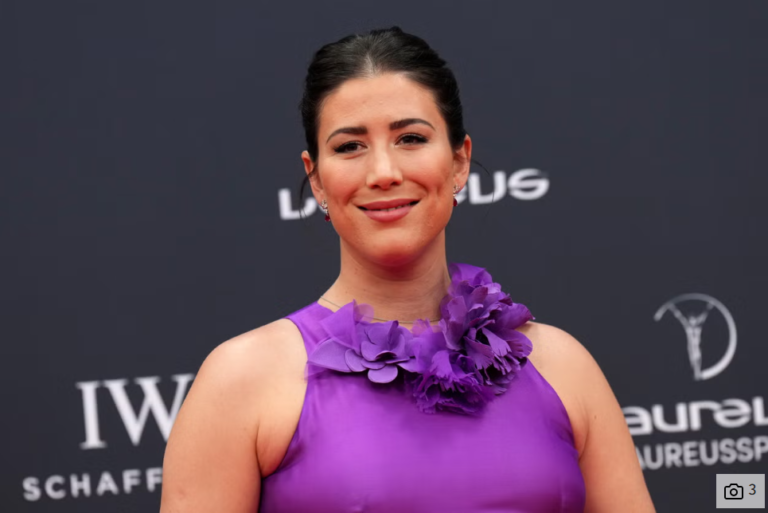Comment: The former world No 1 retired last week, but was subjected to questions about her weight at the Laureus Awards in Madrid, Molly McElwee examines Spain’s ongoing issue surrounding sexism in sport
ormer world No 1 Garbine Muguruza is Spain’s best female tennis player of the last decade. So when she retired earlier this month, aged just 30, she faced all the queries you might expect: why now? What will you miss about tennis? What will you do next?
One question though, she was not anticipating. On the red carpet, at the Laureus Awards in Madrid last week, Muguruza faced a throng of journalists and one piped up: “[People] were saying they can tell you’ve stopped training, especially on social media, people were attacking you harshly because of the shape you are in…”
Muguruza’s eyes widened momentarily, as she was clearly taken aback. Then, she laughed. What else was she meant to do with that kind of question, four microphones and as many cameras thrust in her face?

Muguruza might have thought the days of answering questions about her body were over, considering she has no intention of playing professional tennis again. There is also the more obvious point: that it is frankly no one’s business.
On a red carpet, with dozens of paparazzi, journalists and people brandishing smartphone cameras to track her every move, the very last thing she might want to be reminded of are social media trolls. Namely those that have decided she no longer fits the impossible beauty standards set for women – let alone those expected for an elite female athlete.
But still she managed this ludicrous question with incredible poise. “Well, if I don’t train what’s going to happen?” Muguruza said, forcing another serene smile. “I want to live life, enjoy life. A training regimen is extremely hard, so when you can live life more and relax, you want to enjoy it. The physique of an Olympic athlete, we all know…” she let out another laugh. “Let’s be clear – the important thing is to stay healthy and enjoy life.”

The clip of Muguruza’s response has gained traction across Spain and created widespread debate. She has been praised for how she dealt with the situation by some, and rightly so. But she should not have been put in it in the first place.
Spain’s sports culture has been placed under the microscope in recent months, with sexism and inequality top of the agenda. It began with the former chief of the Spanish football federation Luis Rubiales planting an unsolicited kiss on striker Jenni Hermoso’s mouth during the World Cup trophy ceremony last August.
Rubiales’s actions tarnished Spain’s historic winning moment and sparked huge backlash. Some of the women’s team boycotted matches, he was forced to resign and Hermoso testified that the kiss was not consensual. Even Spain’s Equality Minister Irene Montero described a normalization of sexist behaviour in Spanish society.









